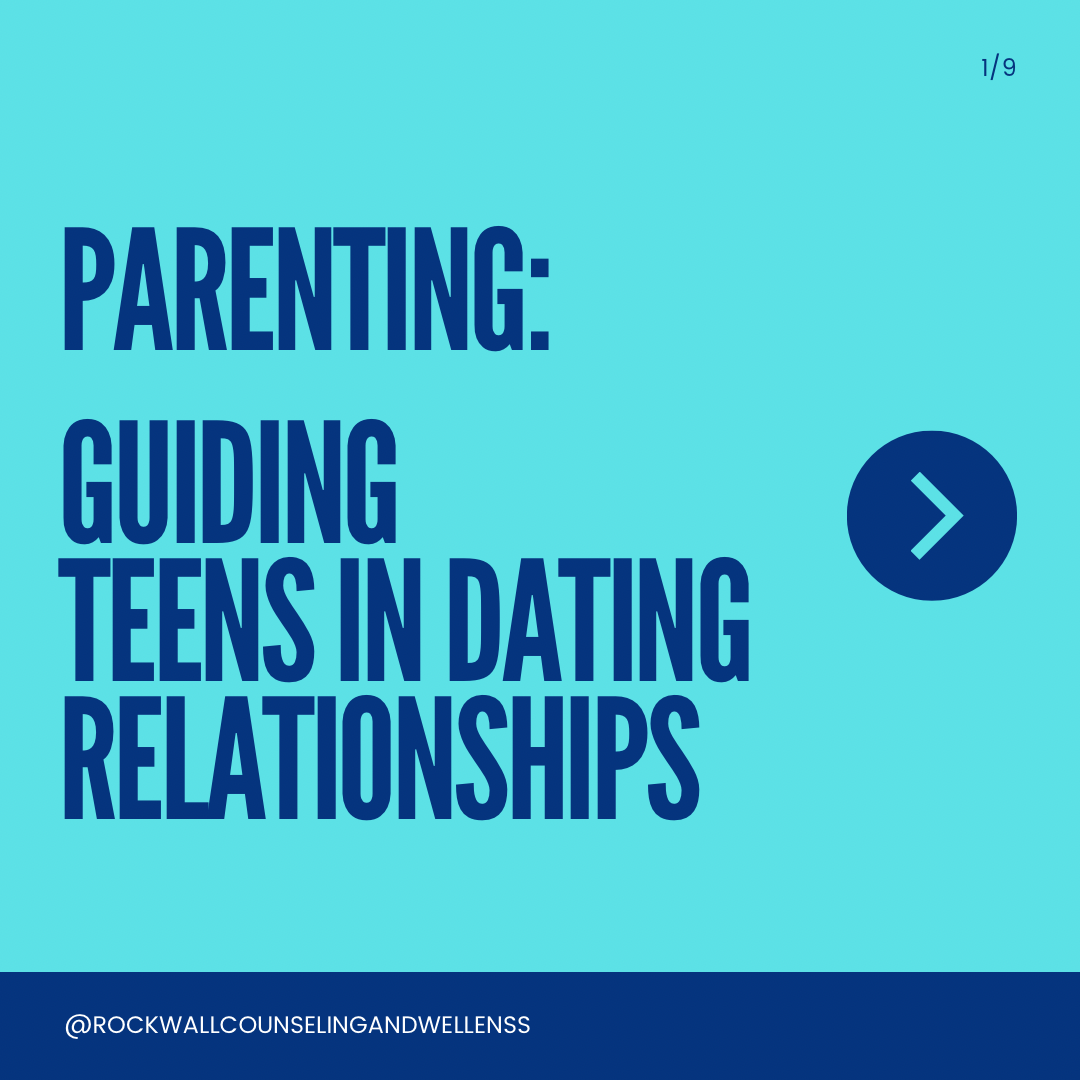Social media comes with so many draws: connection to others, entertainment, feeling included in the world around us, but because of their still-developing brains, adolescents and teens are at much higher risk of dealing with the negative side effects of excessive social media use. On May 23, 2023, the Surgeon General’s office released a new advisory regarding the links between extensive social media use and mental health in teenagers. The Department of Health and Human Services issued a summary of the report which you can find here. And while we all probably know, at least to a degree, that social media use can negatively impact our own mental health, the statistics about social media use in teenagers are alarming. 95% of young people report using social media regularly, and 46% say they’re on it “almost constantly.” As parents and role models in the lives of young people, it is important that we understand the consequences of social media use and help the young people in our lives understand this as well.
TAKEAWAYS FROM THE SURGEON GENERAL’S REPORT
Concerns for brain development. At the ages of 10-19, the human brain is at a crucial time for development. Scientists argue that outside of the first four years of life, this time period is the most important for humans as we learn to make sound choices outside of our parent figures. During this time, our brains are being hardwired for the future, and it is also the time at which mental health problems such as depression and anxiety can first occur. Adolescents are forming their self-image and self-worth for the first time, so you can imagine the negative impact that highly curated, highly filtered images and videos would have on their growing brains. Frequent social media exposure has been shown to negatively impact the areas of the brain that control emotional regulation, impulse control, and regulating social behavior. It can also create high sensitivity to social punishments and rewards. Essentially, adolescent brains are learning how to function socially and how to control impulses and emotions. Because social media operates in ways that are counter to the healthy patterns of real society, the sponge-like brains of adolescents learn the patterns of social media rather than the correct, healthy ways to deal with emotions, conflict, and impulses, creating an environment in which it’s difficult to have a mentally healthy approach to life.
Concerns for content exposure. While as parents we may work hard to filter out potentially harmful content from our children’s consumption, when they have access to social media, they have access to a wide range of harmful content. The Surgeon General’s report found that children and adolescents regularly using social media were exposed to images and videos related to self harm, suicide, and other risky behaviors that exacerbate mental health issues in teens already experiencing concerns such as anxiety and depression. Additionally, comparison driven body image issues are a huge concern. Social media is often highly filtered, with users cropping images or using AI filters to make their appearance different. When teens are exposed to this, they gain a distorted view of their own bodies and appearances. One study showed that, when asked about the impact of social media on their body image, 46% said it negatively impacted their view of themselves. This has been subsequently linked to disordered eating, anxiety, and depression in teens who aspire to be more like the images they consume. Finally, many teens report being exposed to hate speech, bullying, harassment, and predatory behaviors on social media platforms, and while you might think this would mean teens want to use social media less, they’re actually using it more and more.
Concerns for excessive use. Social media platforms are designed to keep users online and scrolling. Algorithms are intended to show users more and more of what they engage with. Because teenagers struggle with self-regulation and impulse control, they are the perfect candidates for social media apps to create habits and even addictions in. In a nationwide survey looking at girls ages 11-15, 30% or more said they felt “addicted” to social media. And with a similar number of teens reporting that they were up past midnight using social media on a typical weekday, they’re also not getting adequate sleep. Poor or insufficient sleep is also directly related to mental wellness, meaning that as teens pour through social media feeds, being exposed to harsh images, unattainable body ideals, bullying, and other harmful content, they’re also depriving their brains of sleep, further deepening the harm caused by social media.
WHAT CAN PARENTS AND CAREGIVERS DO.
We are not powerless in helping young people deal with the struggles of social media. In fact, we are duty-bound to protect them as best we can by doing the following:
Keep kids off social media if at all possible. If they’re already on it, have a conversation about these dangers and how they feel about their social media use. It may not be comfortable, but it is very necessary.
If you’re interested in phones for your kids that are safer alternatives to traditional smart phones, but still give them the apps they need, ability to call you in an emergency, or socialize safely with friends, check out Pinwheel phones, or Gabb Wireless phones!
Create a family plan for social media use and model responsible behavior. It’s really hard to ask your teen to stay off their phones during the evenings if you’re on yours.
Foster in-person friendships. Teens often replace face-to-face conversations and friendships with those they’ve built online. Ask your kids if they want to meet up with friends to see a movie or do another activity, and then be willing to give them a ride.
Report cyberbullying and abuse not just to the platform but also to the school if it involves a classmate, or to the proper authorities.
Work with other parents to foster healthy technology use. The more families in your kids’ circles who have similar views on social media, the easier it will be for them to have healthy boundaries around the technology.
Seek professional help if your teen is struggling with their mental health because of social media use. We have several professionals in Rockwall and Heath who specialize in working with teens and would love the privilege of helping your child.
Written by Emily Taylor, Contributing Writer



